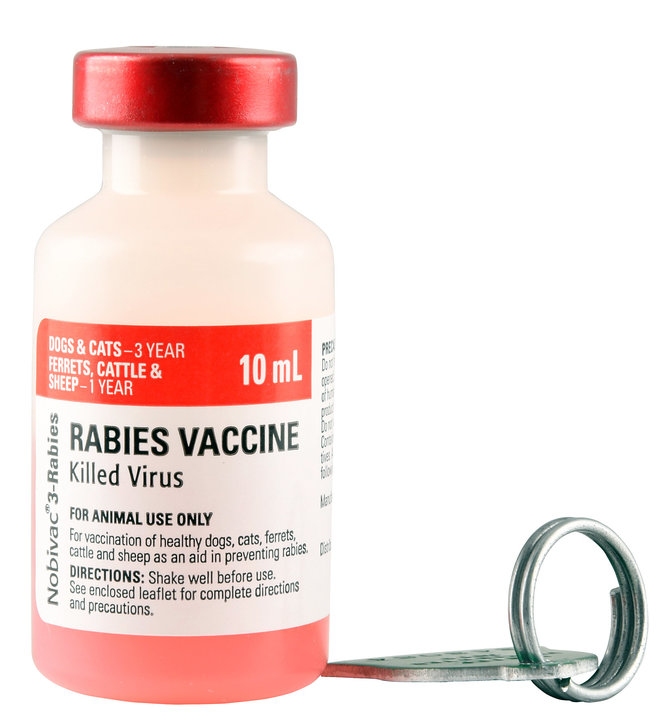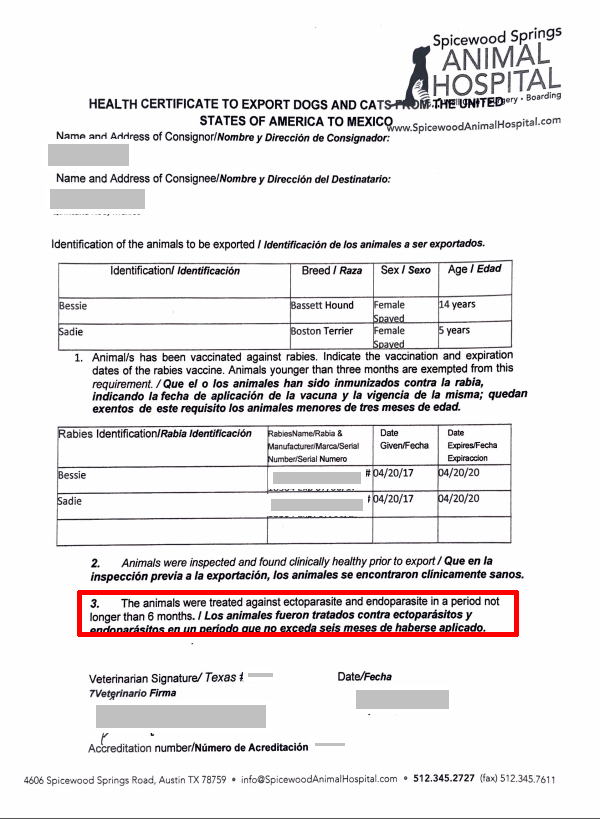


These shots, called post-exposure prophylaxis (PEP), include one dose of human rabies immunoglobulin (HRIG) and four doses of rabies vaccine given on a specific schedule over a 14-day period. Safe and effective treatment following potential rabies exposure should begin as soon as possible after the exposure occurs. Global Trade Identification Numbers (GTINs) are provided as a proxy indicator that the vaccine is 2D barcoded. This means that there will be two rows linking the unit of use to unit of sale. Each component vaccine of a multiple component vaccine will have a unique NDC which also differs from the NDC of the unit of sale. While IM administration of pre-exposure rabies vaccine is the gold standard, the WHO considers the ID regimen an acceptable alternative, as it uses less vaccine to produce a comparable degree of protection against rabies. Rabies vaccine should never be administered in the gluteal muscle due to variable immune response. Vaccinated (immunized) if the rabies booster interval (i.e., either 1 yr or 3 yr) has.
329987c rabies vaccine serial number lookup full#
If you're planning to travel to an area where rabies is found, you should complete the full course of 3 doses before you leave. You'll need 3 doses of the vaccine, usually over a period of 28 days. How the rabies vaccine is given The rabies vaccine is given as injections into your upper arm. Ask your employer or occupational health provider about this.
329987c rabies vaccine serial number lookup free#
If you need the vaccine because there's a risk you could be exposed to the infection through your job, your employer should be able to provide it for you free of charge. Each dose usually costs around £40 to £60, with a full course typically costing around £120 to £180. You'll usually have to pay for the rabies vaccine if you need it for protection while travelling. Will I have to pay for the rabies vaccine? Where to get the rabies vaccine You may be able to get the rabies vaccination at your local GP surgery, but you may need to pay for it.Īlternatively, you can pay for the vaccine at a private travel vaccination clinic.

laboratory workers who handle rabies samples If you think this applies to you, speak to your employer or occupational health provider.people who handle imported animals, such as workers at animal quarantine centres.People at risk through their work Vaccination is also recommended for anyone at risk of being exposed to rabies through their job, such as: Pregnant women are advised to have the rabies vaccine if the risk of exposure to rabies is thought to be high and there's limited access to medical care. you plan to do activities that could put you at increased risk of exposure to animals with rabies, such as running or cycling It takes up to 4 weeks to complete the vaccine course, so you ideally need to start it at least a month before you plan to leave.you plan to stay for a month or more, or there's unlikely to be quick access to appropriate medical care.Who should have the rabies vaccine People going travelling You should consider getting vaccinated against rabies if you're travelling to an and: Currently a small number of states do grant point-of-care rabies vaccination exemption authority to veterinarians. Like other inactivated vaccines, the initial dose of a rabies vaccine serves as the “priming” dose.
But even if you've been vaccinated, you should get urgent medical help if you're bitten or scratched by an animal that may have had rabies. A vaccine is available to help protect people at risk of being exposed to rabies.


 0 kommentar(er)
0 kommentar(er)
